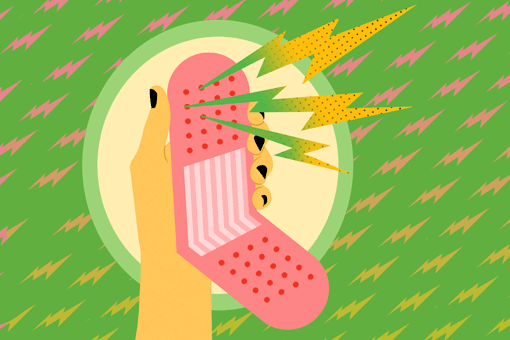Mobile phone subscriptions have overtaken fixed lines as the preferred method of communication across Latin America and the Caribbean, with penetration rates of almost 90 percent. Some forecasts indicate that subscriptions in the region could grow by 8.2 percent in 2010. According to the International Telecommunications Union (ITU), mobile subscriptions globally will surpass the 5 billion mark by the end of the year—an estimated two-thirds of which are expected to be in low- and middle-income countries.
That puts the mobile industry in a position to play a pivotal role in tackling health care for the underserved. Yet health policy leaders have only just begun to address the opportunities of the wireless information revolution sweeping their countries. “Even the simplest low-end mobile phone can do so much to improve health care in the developing world,” said Dr. Hamadoun Touré, secretary-general of the ITU during the ITU Telecom World Conference in October, 2009. For example, he added, mobile subscribers could be sent reminder messages about medical appointments or prenatal checkups.
That could make a major difference in a country like Peru with a maternal mortality rate estimated at 185 cases per 100,000 births.1 Worldwide, about 10 million women each year suffer serious complications such as infection or disease following childbirth.
Mobile digital technology can empower both patients and practitioners by providing them with the information they need to make informed decisions about critical health issues ranging from healthy living habits to health care provision and monitoring of diseases. For health care officials, the rapid expansion of wireless networks represents a particularly exciting opportunity to reach those who are currently isolated by distance and lack of communication by using mHealth programs. In this respect, health care is no different from other economic sectors that have gained enormous efficiencies and improved outcomes through the use of modern information and communications technologies (ICT). With their ability to reach much further into developing countries than any other technology, wireless networks today power the collection of health data, support diagnoses and treatment, and advance education and research in even the most remote and resource-poor environments—with the potential to do far more…





